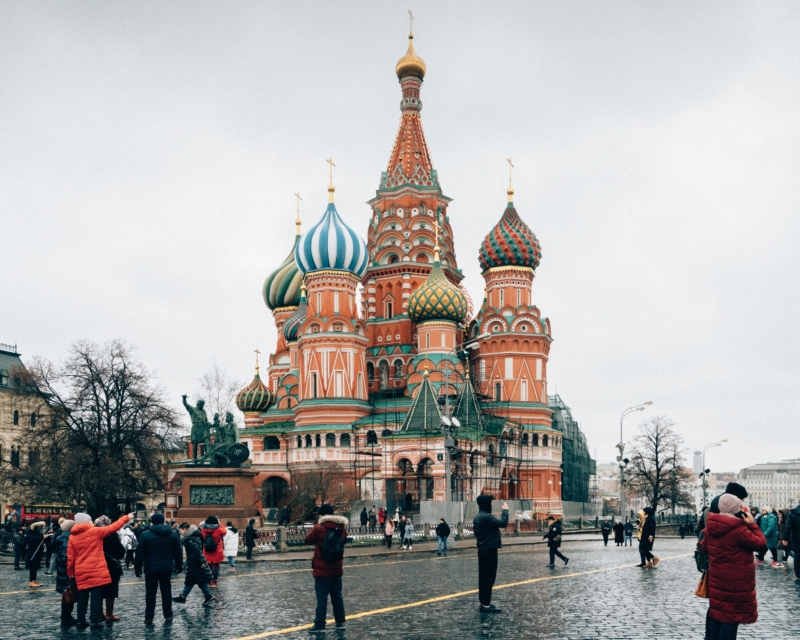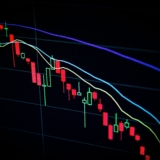Austria’s Reliance on Russian Gas Continues as Chancellor Nehammer Acknowledges Ongoing Ties
Austria’s Chancellor Karl Nehammer has affirmed the country’s continued reliance on Russian gas supplies for the foreseeable future. In an interview with Austria’s broadcaster ORF, Nehammer discussed the government’s efforts to ensure a stable energy supply in the face of potential disruptions, alluding to the possibility of reduced gas transit through Ukraine by the end of 2024. He also emphasized the government’s commitment to diversifying energy sources.
Nehammer stated that, despite common perceptions, Russian gas is not inherently cheaper than alternatives. However, he explained that the existing European pipeline infrastructure has favored Russian gas for decades, making it a dominant energy source in Eastern and Central Europe.
While the chancellor expressed the hope that Austria could eventually reduce its dependence on Russian gas, he acknowledged that such a transition would not happen in the short term. Ensuring a stable energy supply for the upcoming winter remains a top priority, and Vienna will continue to purchase gas from Moscow.
Austria’s largest gas provider, OMV, has long-term contracts with Gazprom extending until 2040. Nehammer pointed out that these contracts cannot be terminated abruptly. He assured the public that the government had been preparing for various scenarios, including potential disruptions in gas supply.
“For the first time, we built up a strategic reserve,” Nehammer revealed, adding that a significant portion of this reserve consists of non-Russian gas. Austria has also explored alternative sources to reduce its dependency on Gazprom. Efforts include expanding gas conduits to connect with neighboring Germany and Italy, as well as exploring partnerships with countries like Croatia.
OMV CEO Alfred Stern, in a recent interview with the Financial Times, reaffirmed the company’s commitment to purchasing Russian gas, as long as it remains legal under EU regulations. He warned that imposing restrictions on such imports could lead to increased energy prices. OMV, covering approximately 30% of Austria’s gas needs, was among the first companies to comply with Moscow’s requirement to pay for Russian gas in rubles under a new settlement mechanism introduced last year.
Stern emphasized that abandoning Russian gas would be impractical for Austria and could have severe consequences for the country’s economy and energy security. This stance underscores the complexity of Austria’s energy landscape and the challenges it faces in diversifying its energy sources while maintaining stability and affordability for consumers.





